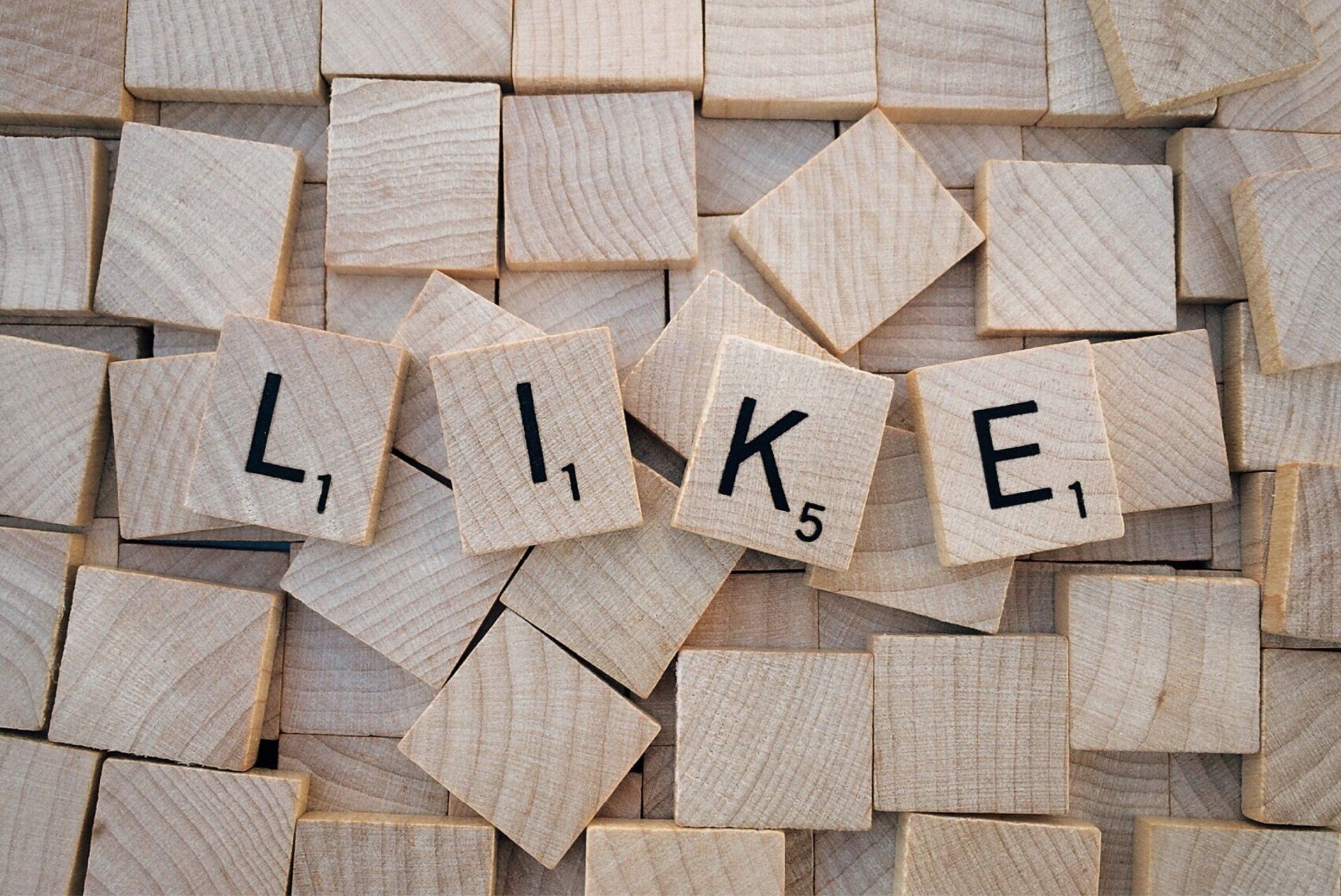I can help you to
regain control and live the life you dream of where you feel less stressed, less overwhelmed, more in control, more productive, and have more free time and balance in your life.
In this post I’ll share with you some of my top tips to help you deal with the clutter.
Clutter can be found in all sorts if places – your desk, computer, wardrobe, dining table, kids’ room, drawers, shelves, closets and even your computer and diary. It can seem like it just creeps up on us, right? It distracts us from our true purpose, it weighs us down and it causes us to feel stress and anxiety. It reduces our productivity and can make it feel like we’re living in a chaotic lifestyle.
My first top tip?
Just pick a place and make a start! Remember that the start you make today is progress that you will notice tomorrow.
The One-Touch Rule
The One-Touch Rule
works well for any paper that comes through the front door - be it from the postie or in the hands of you and your family. Bills, newspapers, flyers, greetings cards, magazines, correspondence from school, kids’ artwork.
The idea is simple -
you handle the item once, deal with it, and put it in its place. An example:
1) Open the mail
2) Read the contents
3) Take the action that is required (put the appointment in your diary, write the cheque, put the artwork on the fridge)
4) File any important papers
5) Recycle or shred anything you don't need to keep
6) Repeat with the next item of mail!
This is also a great rule to remember when you are dealing with clothes. How many times have you come home in the evening, taken off your clothes and put them on the dresser or over a chair? As the week goes on, this pile grows. How long will those clothes sit there until you either hang them back up to be worn again or put them in the washing hamper? How many times will you touch them while rummaging through for a specific item at which point some will inevitably fall on the floor? Use the One-Touch Rule - take that jumper off and either hang it up to be worn again or pop it straight in the hamper - do this and I promise you will feel so much better without a looming mile of clothes getting creased up and taking up precious space on your dresser!
Talking of clothes…
Does your wardrobe feel boring? Does it inspire you? Does it make you feel good and help to project the image of yourself you want it to? Is your closet stuffed full of so many items that everything is wrinkled? Once you set your mind to it, decluttering your wardrobe should be easy, but I understand how overwhelming it can feel. I have lots of tips to help you get your wardrobe working for you, so if this is a problem you are facing, why not reach out and see how I can help? Here’s a few questions to consider yourself:
- Does it fit?
- Do you love it?
- Do you wear it?
- Does it have stains or need repairs?
- Does it help me project the image of myself I want?
Is your diary a disaster area?
Decluttering your diary will help you to
make room for the more of the things you enjoy.
Our diaries are cluttered full of commitments - work, friends, family, volunteering, medical, religious activities and hobbies - not to mention coordinating the schedules of any children! All these tasks can be overwhelming, and it can sometimes feel like we're so busy we don't have time to do the things we really enjoy or that bring meaning to our lives.
Why not try making a list of all the commitments you have and going through them, marking off the essential ones that must stay (like work, for most of us) and then look at the rest with fresh eyes. Are there any activities you can cancel? Drinks with colleagues after work every Friday? Maybe you can schedule to attend just once a month. Kids to ballet every Saturday morning? Maybe you can arrange a lift share with another parent?
Remember it is also important to
learn to say NO!
This can sometimes feel difficult, but remember every time you say no, you are freeing up time that you can spend on doing the things that you most enjoy with the people you most value spending time with.
Aspirational clutter
Ever made a New Year's resolution to get fit, bought the latest rowing machine and a set of dumbbells, a new designer branded exercise outfit and trendy looking machine for making lots of nutritious smoothies… and by the 8th of January decided that the new boxset streaming on Netflix is more appealing after all? The smoothie machine sits unused on the kitchen counter months later, the rowing machine has become somewhere to hang your clothes after a long day, and you regularly stub your big toe on the dumbbells.
These items were
bought with the best of intentions to make a positive change in your life
but now they're just occupying space and collecting dust, and maybe even reminding you that you didn't achieve your goal, making you feel low.
So how could you deal with this aspirational clutter? Perhaps when you are thinking of making such purchases you could consider the possibility of renting or borrowing the items from a friend first to see how you get along?
When is a bargain not a bargain?
When it becomes clutter!
Has your home started looking more like a storage facility for abandoned items that you purchased because they were on a good deal? Maybe you bought these items because there was a promo gift with every purchase? Buy one get one free? A sale promotion that you just couldn't resist.
Everyone likes a bargain - it feels good to save money. But when is a bargain NOT a bargain, and when does that bargain just become clutter? On reflection,
was it really such a bargain if it has just sat on the side unused taking up space and collecting dust? Ask yourself: Do I really NEED this set of wine glasses on discount? Would I buy them if they weren't on offer? Can I afford it? Is there a cheaper alternative? What will I donate or trash to make room for the new item?
Reclaim your space
Maybe the kids have left home and years later your home is still full of the stuff they left behind, maybe someone asked you to store something for them for a short while. Whatever the case, your home feels more like their storage space and less like your place of rest. I would never advise de-cluttering someone else's personal possessions as it can affect their trust in you and make them feel violated. What I would suggest in this instance is you call that person and ask them to pick it up within a certain amount of time. Tell them that after that date their belongings won't be available to them. Call them one more time before you actually throw anything away. After then you can donate or dump the clutter guilt free, and most importantly, reclaim your space.
Do you have too much digital clutter?
Working from home is here to stay, and many of us will have any combination of pc, laptop, tablet, smart phone and e-readers (and lets not forget any devices in your home belonging to children that you may need to keep tabs on). We have an endless supply of digital storage space on our devices these days. Bookmarks, emails, screenshots, apps, desktop icons, documents, and photos. All of these can impact on our productivity, mental health and even our information data security.
Did you know that by 2025 it is estimated that 8% of global greenhouse gasses will be from data storage? Another good reason to be conscious of our digital footprint.
Digital cameras make capturing the special moments in our lives so much easier than it used to be. But all those photos and videos we are taking are making our devices cluttered and it takes us longer to retrieve what we need when we need it. Another consequence is that we are spending more time behind the camera than we are experiencing the moment that we are trying to capture.
There are lots of things we can do to declutter our digital space:
1) Unsubscribe to email updates if they are something that you do not gain value from
2) Try not to give out your email address when you are purchasing something online or
opt out of receiving marketing emails
3) Commit to
the daily delete - get rid of unwanted emails and photos to stop the accumulation
4)
Talk to people! Having actual conversations with people on the phone seems to have gone out of fashion with the increasing popularity of social media messaging. Let people know you like to receive calls. You'll have less messages and emails, and your interactions will be more meaningful.
How to deal with unwanted gifts?
We've all got a drawer full of unwanted gifts, right? We keep hold of them because we feel guilty. We might offend the gift giver if we get rid of the item. What if they ask why you aren't wearing it? Did you not like their gift? Or ask to borrow it?
We need to remember that
the act of gift-giving ends when the recipient says thank you. What you then do with the gift is entirely your choice. If you have shown gratitude when you have received the gift, there is no need to feel guilty.
So, what to do with the unwanted gift? If the giver has included the gift receipt, then assume that they are giving their blessing for you to exchange it for something you prefer. You could also re-gift it to someone else who you think would value it or you could donate it to charity. Whatever you choose to do with it would be better than it cluttering up your space.
Work with me
I can help you make real and lasting changes if you choose to work with me on cluttering and organisation. I’ll help you identify your priorities and to let go of the things that no longer serve you, so you have more room for the things that are important to you.
Here’s how it will work:
- We’ll do a deep dive and look at what motivates you, what your priorities are, your values, your goals and your dreams for the future – lets get you making decisions
based on what’s important to you
- A
home visit from me if needed
- I’ll make you a
personalised action plan based on your unique needs including timescales and key milestones
- Regular phone/ zoom
calls to discuss progress and the challenges you have faced.
Think I can help?
Then I'd love to hear from you. We can arrange a half-hour, free, no-obligation phone/ zoom call to talk about how we can work together to
get on you track to living a life you love!




